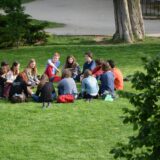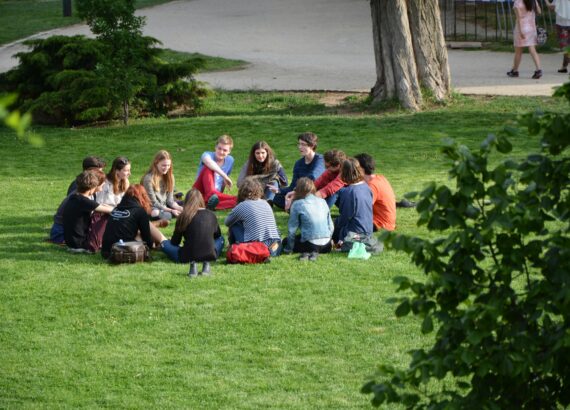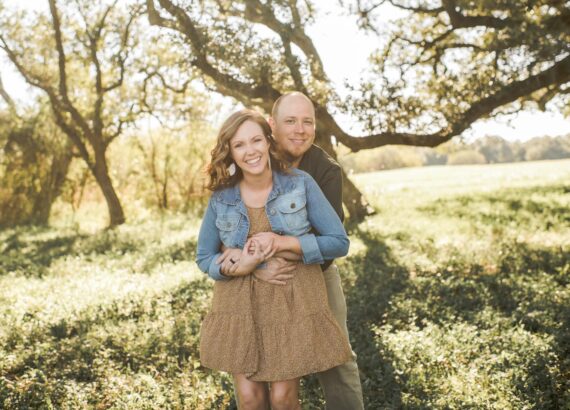It Takes Two: Building Strong Discipleship Relationships

Discover the two responsibilities of the disciple and discipler!
Have you ever felt like something was just over your head? You know there’s potential, but you don’t even know where to begin? Maybe it’s a project at work, a school assignment, or a problem at home. Whatever it is, the task feels daunting.
That’s how I felt about landscaping my front yard this year. I love interior design and organizing inside my home, but the outside? I was lost. Even researching on my own felt overwhelming.
One day I overheard a church member mention she enjoyed gardening, so I asked her for advice. Before long, I was sending her videos of my yard, sharing my needs (low maintenance, low sun exposure plants), and setting up a time for her to walk me through ideas and create a plan.
She patiently answered my beginner questions, encouraged me, shared photos of her past projects, and even came over to show me practical techniques. Meanwhile, I took notes, put her advice into action, and sweated through hours of hard labor in my yard.
And as I shoveled dirt, I realized something: this gardening mentorship looks a whole lot like Christian discipleship.
The Disciple: Willing to Ask and Willing to Do
A disciple must do two things: seek help and follow instruction.
It’s not enough to simply ask questions. Growth comes when we actually obey the guidance we’ve received. If I had taken my friend’s gardening advice but never touched a shovel, nothing would have changed in my yard. The same is true in our walk with Christ: no obedience, no fruit.
Yes, the work is hard. But as disciples, we will see transformation when we ask questions—even the “silly” ones—and put in the effort to obey.
And if you feel like you don’t have someone to disciple you? Take initiative. Seek out godly people. Sometimes discipleship looks like sitting next to parents at a t-ball game and watching how they raise their kids. Sometimes it’s lunch with a widow and listening to her wisdom. It could be a Bible study, or it could be learning a new skill like gardening with a mature believer.
Discipleship isn’t always formal, but it’s always relational.
The Discipler: Available and Intentional
On the other side, a discipler must also do two things: be available and be intentional.
Availability doesn’t mean you give up your life or stop tending your own “garden.” It might mean praying for your disciple, sending a text of encouragement, checking in on Sunday, or stopping by once in a while. Don’t buy the lie that discipleship only “counts” if it looks like a weekly Bible study with perfect notes. It’s about being intentional with the time and opportunities you do have.
And intention grows out of your own walk with Christ. My gardening friend wasn’t just telling me what to do—she was already doing the work herself. Her advice carried weight because she had the experience, discipline, and love for gardening.
Likewise, as disciplers, we need to be faithfully following Jesus, so our encouragement is authentic and our guidance rings true. Our role is to cheer others on, answer their questions, empathize when the soil feels rocky, and remind them that the fruit will be worth the labor.
It Takes Two
Discipleship is not a one-way street. Both disciple and discipler have a part to play. The disciple asks, listens, and obeys. The discipler makes themselves available and shares intentionally out of their own walk with Christ.
Together, the result is growth—just like my yard that’s slowly but surely taking on new life.








